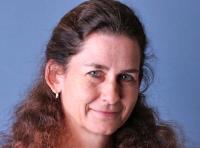Biography
I graduated in Physics at the Technical University in Berlin, and completed my PhD in 1985 on "Heat sources in acoustic resonators" at the Engineering Department of the University of Cambridge. I was a lecturer in Applied Mathematics at Keele from 1992 to 2000, and senior lecturer from 2001 to 2013. My current position is Professor of Engineering Mathematics in the School of Chemical and Physical Sciences of Keele University.
I have a total research grant income of over £10 million, I have published over 80 articles in journals and conference proceedings, and I have a patent on "reheat buzz control". I am President Elect, Director and Fellow of the International Institute of Acoustics and Vibration (IIAV). I serve on the Editorial Boards of the Journal of Sound and Vibration and of the International Journal of Spray and Combustion Dynamics. Also, I have been invited to dozens of seminar talks all over the world. I am passionate about research that benefits the environment, as well as about gender balance in scientific research.
My research interest is in physical acoustics with technical applications, in particular noise control, instability control and non-destructive testing.
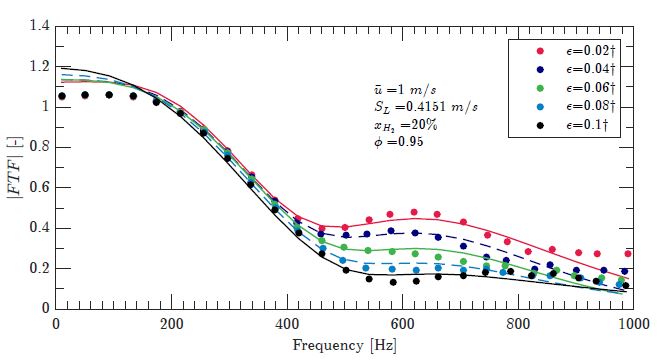
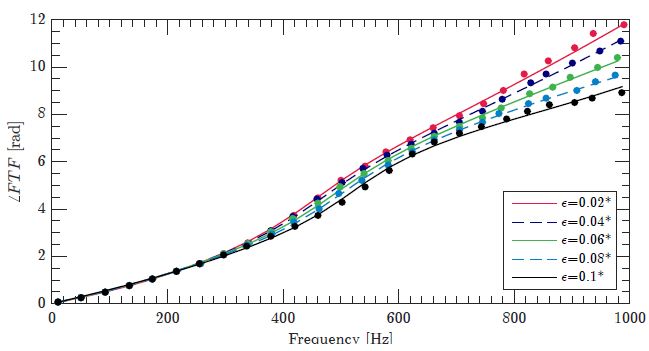
Gain and phase of the Flame Transfer Function of a premixed flame with 20% hydrogen content, excited at different velocity amplitudes ε (by Sreenath M. Gopinathan)
Research and scholarship
My research interest is in physical acoustics with technical applications, specifically on the interaction of acoustic waves with
- flames (thermoacoustics)
- vortices and jets (aeroacoustics)
- structures (vibroacoustics).
The interaction between acoustic waves and flames occurs in various combustion systems and can lead to a "thermoacoustic instability". This is a high-amplitude pressure oscillation, which can arise out of the blue and lead to severe hardware damage. It can occur in any combustion system that has a continuously burning flame in a cavity, such as gas turbines, boilers, furnaces, aeroengines and rockets. Particularly prone to this phenomenon are combustion systems, which operate with lean fuel-air mixtures so as to minimise harmful emissions, in particular NOx and CO2. With hydrogen-blend flames, the problem is compounded by potential flame flashback.
In order to develop low-pollution combustion systems, it is essential to understand the intricate physical and chemical processes that play a role in thermoacoustic instabilities. I have been leading major European research consortia to advance this understanding.
My most recent project, the H2020-funded ITN POLKA (POLlution Knowhow and Abatement), 2019 – 2023, has a total budget of €4.02 million, 16 network partners and 15 PhD positions. The aim of POLKA is to create new physical insights and advanced simulation tools to underpin the development of hydrogen-fuelled combustion systems. Details can be found on the project website www.polka-eu.org. This research is linked to Keele's sustainable future agenda, and the SEND and HyDeploy projects in particular.
The forerunner of POLKA was the FP7-funded ITN TANGO (Thermoacoustic and Aeroacoustic Nonlinearities in Green combustors with Orifice structures), 2012 – 2016, which had a total budget of €3.74 million, 12 network partners and 15 PhD positions. Details can be found on the TANGO website www.scm.keele.ac.uk/Tango/.
My expertise also includes vibroacoustics. In my research on railway noise, I established a model for the physical effects that are responsible for the squeal noise produced by the wheels of a cornering train. This research gave crucial input for the development of an effective squeal control method, which is now used in transport systems all over the world, such as the metros of Tokyo, Beijing and Madrid; this work was funded by the EPSRC. In my research for the nuclear industry, I modelled the sound propagation of acoustic waves in a large-scale heat exchanger, comprising an array of many tubes immersed in liquid. This work supported the development of an acoustic detection technique (similar to computer tomography) to locate faults in the heat exchanger at an early stage; it was funded by the UK Atomic Energy Authority and EPSRC.
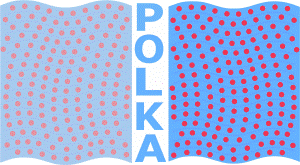
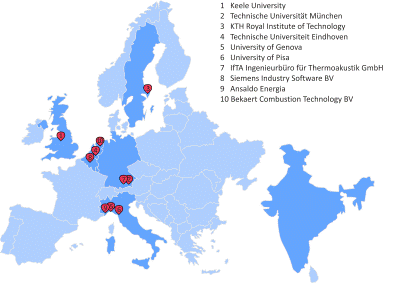
Teaching
- PHY-10032: Applied Mathematics and Statistics (Module leader)
- PHY-20032: Mathematical Physics (Module leader)
Publications
School address
Lennard-Jones School of Chemical and Physical Sciences
Lennard-Jones Building
Keele University
Staffordshire
ST5 5BG, UK
Phone (School Office): +44 (0)1782 733033, (Chemistry): +44 (0)1782 731693, (Forensic Science): +44 (0)1782 731694, (Physics): +44 (0)1782 733527
Email: scps@keele.ac.uk
Information for schools and colleges
Programme directors
Chemistry and Medicinal Chemistry
Dr Tess Phillips
Tel : +44 (0)1782 733038
Email : t.r.phillips@keele.ac.uk
Dr Chris Hawes
Tel : +44 (0)1782 732820
Email : c.s.hawes@keele.ac.uk
Forensic Science
Dr Jamie K. Pringle
Tel : +44 (0)1782 733163
Email : j.k.pringle@keele.ac.uk
Physics and Astrophysics
Dr Arumugam Mahendrasingam
Tel : +44 (0)1782 733312
Email : a.mahendrasingam@keele.ac.uk
Admission tutors
Chemistry and Medicinal Chemistry
Dr Natalie Capel
Tel : +44 (0)1782 733584
Email : n.j.capel@keele.ac.uk
Forensic Science
Dr Natalie Capel
Tel : +44 (0)1782 733584
Email : n.j.capel@keele.ac.uk
Physics and Astrophysics
Dr Patrick Connell
Tel : +44 (0)1782 733892
Email : physics@keele.ac.uk or p.j.connell@keele.ac.uk


